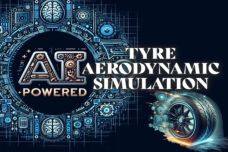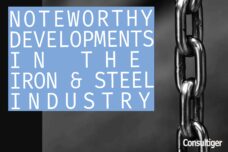Nitrogen fuel and electric fuel are the future. Fossil fuels are on their way out – albeit in a sluggish manner.
Let’s zoom into the nitrogen versus electric fuel debate. This is what even the corporates will be debating in their board rooms because their future hinges on what would ultimately succeed [or may be both will sustane together].
Nitrogen fuel is the use of nitrogen gas as a potential energy source and usually involves the combustion of nitrogen with other substances to release energy. Electric power is generated by converting various energy sources such as fossil fuels, nuclear energy, wind, solar, or hydro power into electricity.
As for the efficiency, nitrogen fuel’s efficiency depends on the process used for energy generation. Use of combustion processes may be relatively low in terms of efficiency due to the energy losses through heat. Additionally, nitrogen fuel may require additional energy inputs for its production and transportation. Electric power can be generated with higher efficiency, especially in renewable energy sources like solar and wind, which have fewer energy losses compared to traditional fossil fuel power plants.
The environmentally conscious should note that nitrogen fuel combustion can produce emissions such as nitrogen oxides (NOx) and particulate matter that contribute to air pollution and have an adverse effect on human health and of course the environment. On the other hand, electric power depends on renewable sources like solar and wind that have minimal greenhouse gas emissions and air pollution. Electric power generated from fossil fuel would contribute to air pollution and greenhouse gas emissions unless treated via an eco-friendly process.
The storage & distribution is unique to the two energy sources. Nitrogen fuel requires specialized infrastructure for production, storage, and distribution. The storage and transportation of nitrogen in its gaseous or liquid form can be challenging due to the need for high-pressure or cryogenic conditions. Electric power, however, offers advantages in terms of energy storage and distribution. Electricity can be efficiently stored in batteries, pumped hydro storage, or converted into other forms of energy such as hydrogen. It can also be easily transmitted through power grids for widespread distribution.
In terms of application and availability, nitrogen fuel is not commonly used as a primary energy source for general power generation. It has niche applications in specialized industries, such as aerospace, where nitrogen is used as a propellant or coolant. Electric power is will soon be widely used across various sectors — transportation, residential, commercial, and industrial applications. The infrastructure for electric power generation and distribution is is being established in many parts of the world at scale.
There is more to come in this topic as technology evolves and demand picks up. We will revist this article as and when there are further inputs.
Thanks for reading.












